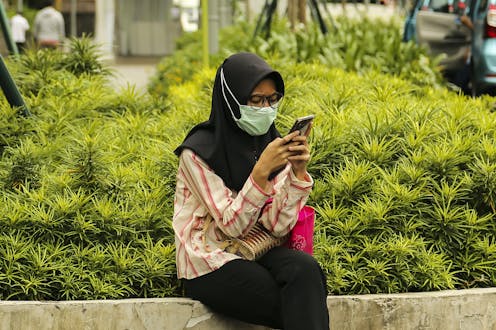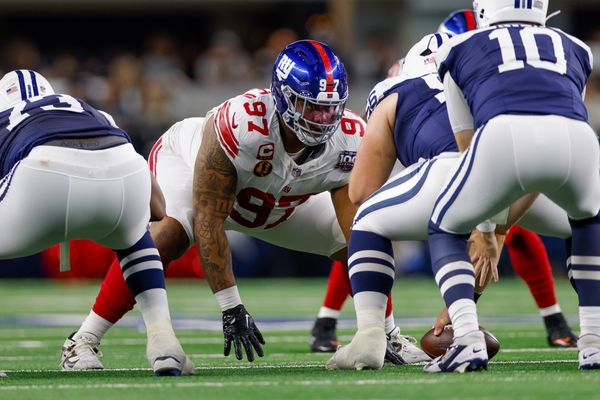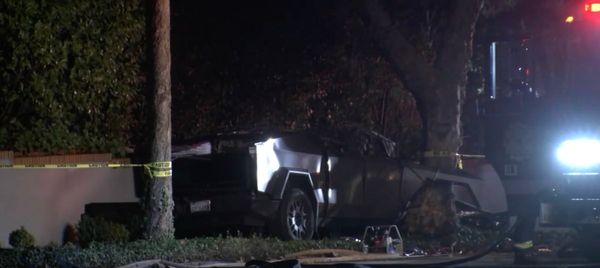
Within highly religious and normative societies such as Indonesia, the notion of sexual violence seems to be something that is absurd and beyond belief.
Many people still believe the occurrence of sexual violence is simply out of the question in a pious society or a country with “Eastern” values.
Our research highlights a unique reality in Indonesia.
Drawing on academic views that paint the internet as a world of its own, or a “heterotopia”, our study argues that social media platforms provide a space for contesting realities to counter dominant beliefs and norms – including those related to sexual violence.
We found sexual violence occurs regardless of religion, class, social relations, or clothing. Perpetrators of sexual violence – ranging from rape to sexual torture – include husbands, boyfriends, relatives or other acquaintances known to the victim.
Our results are also in line with the rising number of sexual violence survivors in Indonesia who have publicly exposed their experiences. They do so not through mainstream news outlets, but instead through personal accounts on social media.
Unlike previous studies that argue the internet invites forms of sexual violence, it is evident in this study that female survivors of sexual violence in Indonesia tell stories of their experience on Twitter and Facebook to share fears, grievances, despair and anger.
Data from this research also show these survivors find support in social media as a safe space that resists stigmas and stereotypes about victims of sexual violence.
Social media as safe space
Our team conducted online observations on Facebook and Twitter to collect data. We also held in-depth interviews with female survivors of sexual violence.
Although they acknowledge that social media do not constantly support and empower, female survivors believe social media offer a “counterpublic” – a space accepting of alternative realities that dominant society has often rejected.
Social scientists have argued that female survivors disclose their experience of sexual violence through online platforms as a way to fight and respond to sexual violence.
Nancy Fracer, a professor of philosophy and politics, introduces the notion of a “subaltern counterpublic”. It describes a place for marginalised communities to circulate counter discourses and exercise autonomy, free from the dominant society.
One of our research subjects, DH, shared her experience as a survivor of sexual violence, pleading with readers to help:
“[..] I’ve been dating him for years, so he despised my decision to break up with him. He raped me, beat me. It was the first time he ever abused me. A few weeks later he did it again when he found out that I planned to return to my parent’s house as I had felt like a terrible and dirty woman. [..] I’m scared, and I feel really haunted by guilt, regret, and shame. Please give me a solution and please don’t bully me.”
DH’s post received 27 positive reactions and 23 likes. Out of 31 comments, 17 offered solutions, aid regarding their situation, support and encouragement.
Another survivor, NN, shared her story of being sexually harassed by her stepfather. The post received 256 positive reactions and 151 supportive comments.
“When I was in the ninth grade, my stepfather fondled my breasts. When I confronted him, he denied it by saying that I faked the whole thing and was delusional. The next time, he said that it must have been a djinn. I told my mother about what he did, but at the end my mother chose that bastard’s side.”
The supportive reactions that DH and NN received show how social media can create a space for everyone to have a voice, increase awareness of sexual violence, as well as provide a safe space for female victims.
It is evident in this study that female survivors perceive social media as providing a place of refuge from threats and abuse.
By telling their stories, survivors found emotional and psychological empowerment. At the same time, they avoid stigma, pressure and marginalisation from the dominant society.
Although results show female survivors still are still subjected to a punitive gaze from society (through negative responses on their posts), at the same they receive generous public encouragement – ranging from legal aid and psychological support to digital security.
Stigma and silencing
Why do female victims of sexual violence consider social media a safe space?
The survivors we talked to in our study are well aware of stigmas within dominant society that are rooted in harmful myths about women and sexuality. These survivors end up seeking other “safe spaces”.
A woman in our study, for instance, believes sexuality and women’s rights relating to sexuality remain taboo topics within the dominant society.
“If I share my experiences, people would blame me for wearing tight clothes and ‘leading people to the wrong idea’.”
Survivors in our study mentioned at least two myths on sexuality.
The first is the purity myth. It argues that sexuality is a sacred and private matter.
The second myth says sexuality is a taboo topic, which should be avoided and not discussed outside of marriage.
These myths then perpetuate “benevolent sexism” through the glorification of mothers and wives. They emphasise a discourse that honourable women are those who remain virgins until marriage.
As a result, mainstream society demands that women only engage in sexual activities and procreate within the institution of marriage. The same logic of domination assigns men as breadwinners to lead and protect wives’ and children’s purity.
“People may think I deserve to be sexually violated by my husband for not being a good wife.” (RA, survivor)
In most cases, sexual violence eludes recognition, prosecution and punishment. The dominant society employs moral standards that assign good women to be guardians of virtues and honour, and good men as their protectors.
As a consequence, female survivors are outright marginalised and often blamed for inciting sexual violence.
This situation then suppresses female survivors from exposing and reporting sexual violence as they will not feel safe or comfortable coming forward and sharing the experience.
Support from the state and society
Findings in this study emphasise how female survivors face many barriers to finding refuge and support within the dominant society.
Limited support and a lack of relevant legal provisions that protect survivors of sexual violence force them to seek refuge in alternative public spaces, like social media.
Although female survivors in this study take shelter in the online sphere, victims of sexual violence still desperately need support from the dominant structure.
Out study calls for the state to pass Indonesia’s proposed sexual violence bill as soon as possible.
We’ve seen before the rise of movements that publicly oppose this bill. They contend that such a law violates Muslim values, promotes sexual promiscuity and causes people to deviate from religious norms and “Eastern” values.
These movements amplify stigmas and myths that prevent female survivors of sexual violence from finding refuge and justice.
Endah Triastuti does not work for, consult, own shares in or receive funding from any company or organization that would benefit from this article, and has disclosed no relevant affiliations beyond their academic appointment.
This article was originally published on The Conversation. Read the original article.







